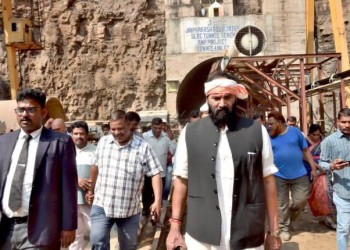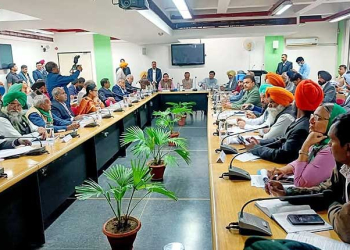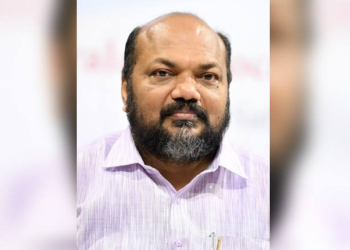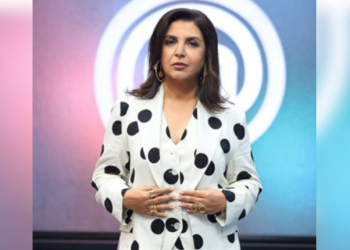New Delhi: Chief Justice of India, N.V. Ramana on Monday said a bench led by Justice D.Y. Chandrachud has been constituted to hear the matter pertaining to the dispute between the Delhi and the Central governments in connection with control over administrative services in the capital.
As advocate Shadan Farasat orally mentioned the matter before a bench headed by Chief Justice, he said he had constituted a bench led by Justice Chandrachud.
On May 6, the Supreme Court referred to a constitution bench the power tussle between the Centre and the Delhi government, in connection with control over administrative services.
Then, the top court had clarified that the issue is only related to services, and it will be adjudicated by the constitution bench.
In 2018, a constitution bench had ruled that police, land and public order are the domain of the Centre, and the rest is under the Delhi government.
The Centre had moved an application seeking to refer the matter to a constitution bench for a holistic interpretation of Article 239AA of the Constitution.
“The applicant submits issues involve a substantial question of law requiring interpretation of a provision of the Constitution and the key issues involved in the present matter cannot be determined unless the same is decided by a constitution bench in terms of Article 145 (3) of the Constitution,” said its application.
Senior advocate Abhishek Manu Singhvi, representing the Delhi government, then had submitted that once a constitution bench decides the matter, there is no point in referring back to it.
He insisted that every slightest thing pointed out cannot be referred to the larger bench. As the top court said the issue is that there were two parts of the constitutional provision, and the problem arises when they refer to a provision but there’s no conclusion, in that scenario it becomes a necessity to refer the matter to a larger bench.
Singhvi replied that it is not necessary to refer the issue to a larger bench and the present three-judge bench can also decide it. As the bench queried, “What prejudice will be caused if referred?”, he said the question is why should it be referred.
Singhvi added that a constitution bench reference arising from another constitution bench is rare, but said: “I am not disputing your lordships’ power to refer it.”
Solicitor General Tushar Mehta submitted that there was a finding that there’s been no consideration and judges asked the matter to be referred. he pressed that this matter needs to be referred to a larger bench.
On April 28, after a detailed hearing in the matter, the top court reserved its order on the Centre’s plea to refer its dispute with the Delhi government – on transfer and posting of officers in the national capital – to a five-judge constitution bench.
(IANS)



















